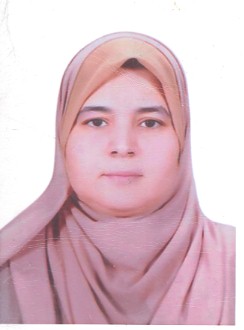Background: Studies on factors affecting the viability and hatchability of- elminth eggs are extremely important since eggs are considered as the first stage in the life cycle of most parasites such as Fasciola and Schisto-soma spp. in freshwater snails and hookworms in soil.
Objective: The aim of the present work was to study the effect of some physical and chemical factors on the development of eggs of some helminth parasites, especially those common in Egypt e.g. Fasciola, Schistosoma, As- caris and Enterobius vennlcularis. The effect of praziquantel and albendazole on the viability and infectivity of Hy-menolepis nana ova and albendazole on Ascaris and hookworm eggs was also studied.
Results: Egg viability proved very sensitive to temperature changes, dryness, acidity, saturated salt solution and the forementioned drugs. However, As- caris eggs were not affected by albendazole; which may be due to their thick shells, while a direct destructive effect of albendazole on H. nana eggs was - for the first time - reported.
Conclusion: Results obtained may help in planning control measures against these helminth parasites as well as the possibility of recycling sew- age water to be used for crop and vegetables irrigation.

